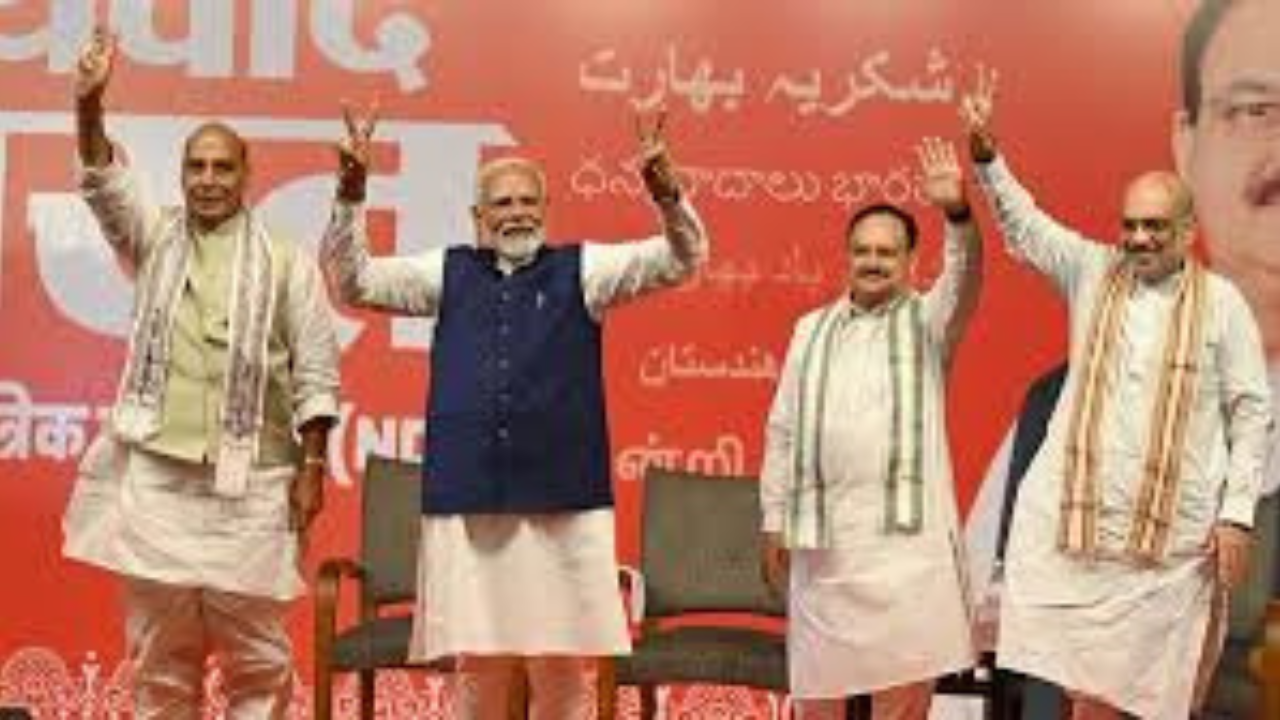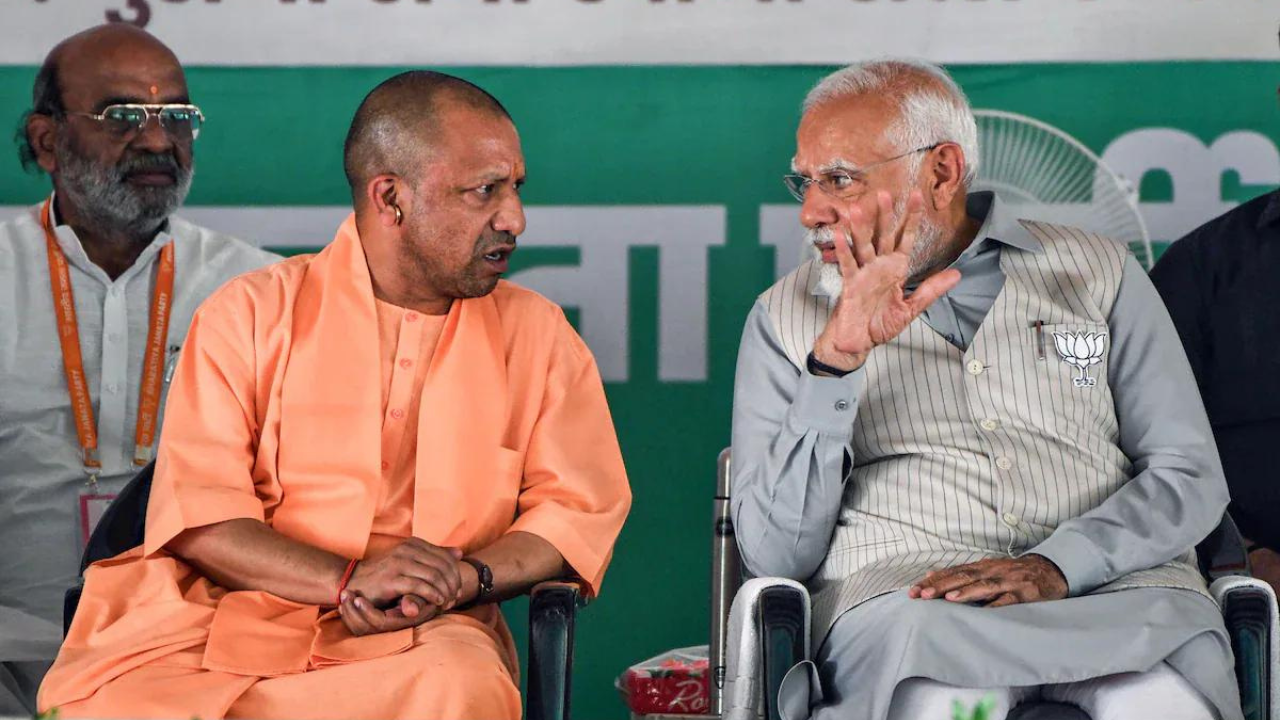
As the global job market evolves, economic policies play a pivotal role in shaping employment trends and the future of work. From technological advancements and shifting industry demands to regulatory changes and workforce development initiatives, economic policies influence how and where we work. In this article, we explore how economic policies impact employment trends and provide insights into preparing for the future of work.
Economic policies are strategies and regulations set by governments to influence economic activity. These policies include labor laws, tax incentives, trade regulations, and education initiatives, all of which have significant implications for employment trends and workforce dynamics.
Labor Market Regulations
Education and Training Programs
Tax Incentives and Subsidies
Trade Policies and Globalization
Technological Innovation and Automation
Job Creation and Industry Growth
Workforce Development and Skill Enhancement
Income Inequality and Economic Mobility
Remote Work and Flexible Employment
Invest in Continuous Learning
Explore Emerging Industries
Leverage Remote Work Opportunities
Engage with Policy Advocacy
Economic policies have a profound impact on employment trends and the future of work. By understanding how labor market regulations, education initiatives, tax incentives, trade policies, and technological advancements influence employment patterns, businesses, workers, and policymakers can navigate the evolving job market effectively. Embracing continuous learning, exploring emerging industries, and adapting to new work models will help individuals and organizations thrive in the dynamic future of work.
#trending #latest #business

How [Athlete's Name] Is Changing the Game On and Off the Field...Read More.

The Impact of Social Media on Today's Top Athletes...Read More.
 Top 10 Fashion Trends for Summer 2024
Top 10 Fashion Trends for Summer 2024
Top 10 Fashion Trends for Summer 2024
 India Decides: Latest Updates on General Election Results 2024
India Decides: Latest Updates on General Election Results 2024
Stay Informed with Real-Time Coverage and Analysis
 Mallikarjun Kharge's suggestion of "new partners" hints at potential shifts in coalition dynamics regarding government formation.
Mallikarjun Kharge's suggestion of "new partners" hints at potential shifts in coalition dynamics regarding government formation.
Both the TDP and the JDU have been allies of the Congress in the past.
 UP Election 2024 Results Highlights: Major Upset for BJP-Led NDA as INDIA Bloc Secures Significant Victory
UP Election 2024 Results Highlights: Major Upset for BJP-Led NDA as INDIA Bloc Secures Significant Victory
India's most politically significant state, Uttar Pradesh, became the arena for a fierce showdown be
 Election Results 2024 Highlights: Celebrations at BJP Headquarters as NDA Prepares for 3rd Term, INDIA Alliance Makes Strong Showing
Election Results 2024 Highlights: Celebrations at BJP Headquarters as NDA Prepares for 3rd Term, INDIA Alliance Makes Strong Showing
2024 Election Results Highlights: Poll Pundits Predicted a Third Term for PM Narendra Modi, but BJP'
How [Athlete's Name] Is Changing the Game On and Off the Field

How [Athlete's Name] Is Changing the Game On and Off the Field
The Impact of Social Media on Today's Top Athletes

The Impact of Social Media on Today's Top Athletes
Off the Court: [Athlete's Name]'s Ventures Beyond Sports

Off the Court: [Athlete's Name]'s Ventures Beyond Sports
The Most Iconic Moments in [Athlete's Name]'s Career

The Most Iconic Moments in [Athlete's Name]'s Career
How [Athlete's Name] Balances Fame and Family Life

How [Athlete's Name] Balances Fame and Family Life
The Style Game: How Athletes Are Setting Fashion Trends

The Style Game: How Athletes Are Setting Fashion Trends
From Injury to Victory: Comeback Stories of Elite Athletes

From Injury to Victory: Comeback Stories of Elite Athletes
The Ultimate Fitness Routine: How [Athlete's Name] Stays in Shape

The Ultimate Fitness Routine: How [Athlete's Name] Stays in Shape
Inside the Mind of a Champion: [Athlete's Name]'s Winning Mentality

Inside the Mind of a Champion: [Athlete's Name]'s Winning Mentality
Beyond the Field: The Charitable Work of [Athlete's Name]

Beyond the Field: The Charitable Work of [Athlete's Name]
Legends in the Making: The Next Generation of Sports Icons

Legends in the Making: The Next Generation of Sports Icons
Trailblazers: Female Athletes Who Are Dominating the Sports World

Trailblazers: Female Athletes Who Are Dominating the Sports World
The Evolution of [Sport]: How Athletes Have Changed the Game

The Evolution of [Sport]: How Athletes Have Changed the Game
Breaking Barriers: Athletes Who Redefined the GameBreaking Barriers: Athletes Who Redefined the Game

Breaking Barriers: Athletes Who Redefined the Game
The Secrets to [Athlete's Name]'s Training Regimen

The Secrets to [Athlete's Name]'s Training Regimen
From Rookie to Pro: The Inspiring Journey of [Athlete's Name]

From Rookie to Pro: The Inspiring Journey of [Athlete's Name]
Behind the Scenes: A Day in the Life of [Athlete's Name]

Behind the Scenes: A Day in the Life of [Athlete's Name]
Plot no 90, Ganpativilla, sahibabad Ghaziabad UP 201005
+91 8585968676
info@trendingblogsea.com
© techtell. All Rights Reserved.